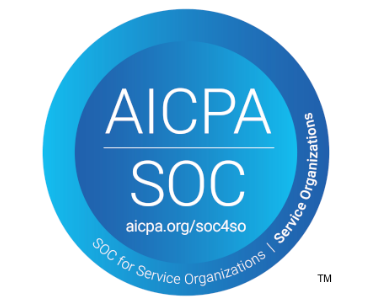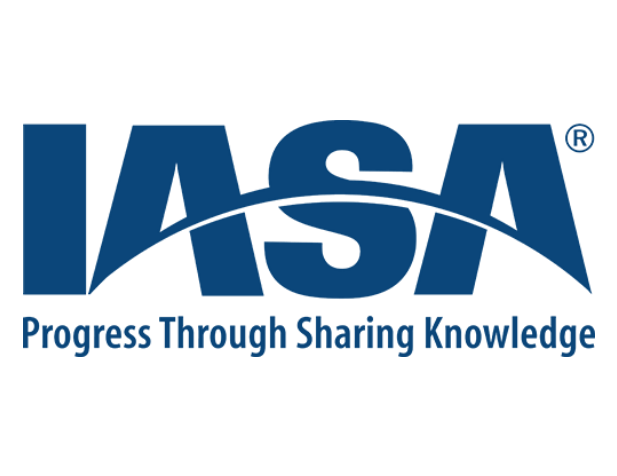Home / News & Insights / May 13, 2025 / ...
Mastering Debt Collection: Essential Skills for a Changing Industry

The collections industry is evolving rapidly with artificial intelligence promising everything from automated mailouts to AI-powered collections agents.
But AI is not the only factor shaping the industry. Access to online information also means debtors are increasingly informed about their insolvency and debt management options. That means staying informed about laws and regulations is crucial for compliant, effective collections.
To increase your returns in this environment, you need more than just persistence or new software. You need a smart and flexible collections strategy. You should base this strategy on empathy and strong debt collections negotiation skills.
Collections Training in an AI World
Training collectors to excel in today’s digital world means embracing tools that can help your team do their job better.
AI innovations can help collections in many ways. They can reduce manual work by automating follow-up contacts. They can also identify high-risk accounts, helping manage negotiations more effectively. Even AI powered voice analysis and coaching tools have their place. However, in collections, human contact is irreplaceable.
A positive conversation with a real human being will always outperform an AI interaction.
For today’s collection professionals, that means accepting that AI can’t do the hard work for you. Successful collections still depend on hitting the phones and having those conversations. These talks help overcome debtor objections and find a solution for repayments that work for both sides. It requires an ability to understand the debtors’ perspective, be persuasive, and adapt your approach based on the individual.
Debt collection training strategies should focus on honing and supporting those key people skills – empathy, tone and sentiment – that simply cannot be replaced by AI.
Smart Debtors Require Smarter Collectors
In the debt collection industry, it is important for your collections team to know the laws that guide their work.
Debtors are more informed about their rights and debt management options. Collectors must stay up to date on laws like the Fair Debt Collection Practices Act (FDCPA) and state-specific regulations to ensure ethical, compliant practices.
Once again, technology can simplify your life here, by ensuring transparency. Digital collection tools often feature automated documentation, secure online payment, and a clear audit trail.
Providing clear guidance on ethical debt collection will help your team adhere to legal regulations.
4 Core Debt Collection Skills to Prioritize
Against this evolving backdrop, building a team of well-trained collection professionals is a must.
Investing in your company’s debt collection training will lead to better returns and stronger customer loyalty. But what skills does your team need to learn?
- Communication – Strong collections negotiation skills enable agents to manage difficult conversations with tact and calm to prevent conflict, encourage co-operation and engineer compromise.
- Resilience – Debt collection inevitably involves customer refusal. Successful agents require patience and perseverance.
- Empathy – An ability to understand the debtor’s position helps customers feel heard. They are more likely to settle their debts, even if it takes time.
- Tech Skills – Digital tools are changing debt collection so being tech savvy is a plus, but a willingness to learn is also vital. These are essential debt collection skills for a modern environment.
Shaping Your Collections Training Strategy
Sure, you likely have a training program already. However, with changes in collections and economic uncertainty ahead, it may be time to review your strategy.
In the credit management industry, teams face new challenges. Whether you are training new collectors or giving feedback to expert negotiators, the right debt recovery training will empower your team and boost their skills in collections.
As a starting point, focus on the following three aspects to update your collections skills development:
1. Simulation and Role Play Scenarios
Interactive training is great for developing those key empathy skills that AI just can’t replicate. Use role play to put negotiation tools into practice. This helps collectors anticipate disputes and overcome potential barriers when negotiations have stalled. If your training only involves power point presentations, it’s time to switch up the learning format.
2. On-going Feedback
Collections training is not a one-time event. Cultivate an environment of on-going learning to help everyone stay engaged and at the top of their game – whether that’s keeping up with legal compliance, utilizing technology or honing debt collector skills. Consider mentoring new recruits along with ongoing coaching for long term staff, with in-depth learning around the psychology of debtors.
3. Measuring Performance and Growth
No matter their level of expertise, tracking performance metrics can help collections professionals stay on target and refine their success rate. Measuring key performance indicators such as Average Recovery Time and Promise-to-Payment Conversion Rates can help to assess and refine their approach.

Invest in Intelligent Collections
If you’d like help revising your collections training program, Brennan & Clark is ready to assist. Our customizable Collections Agency Training service can improve your internal processes, develop your collections management, and build new negotiating skills with an expert program tailored to your industry.
We’re ready to share the philosophy, processes, tools and techniques that can transform your accounts receivables in a constantly changing world.







